Russia warns US it will sever ties if branded terror sponsor, assets seized
Moscow has warned its diplomatic ties with Washington could be broken off should the US seize its assets or brand Russia a "state sponsor of terrorism."
"We warn the Americans of the detrimental consequences of such actions that will permanently damage bilateral relations, which is neither in their nor in our interests," Alexander Darchiev told TASS Saturday.
Darchiev also said that the US influence on Ukraine had increased to the degree that "Americans are increasingly becoming more and more a direct party in the conflict".
On Friday, Darchiyev said if the Senate passes a legislation designating Russia as a state sponsor of terrorism, it will cause "the most serious collateral damage for bilateral diplomatic relations, to the point of downgrading and even breaking them off."
"The American side has been warned," he said.
Two US senators seeking to pass such legislation visited Ukraine’s capital last month to discuss the bill with the country’s President Volodymyr Zelensky.
Lawmakers in Russia’s neighboring country of Latvia passed a bill Thursday designating Russia as a state sponsor of terrorism over the persisting war in Ukraine, calling on its Western sponsors to impose more comprehensive sanctions against Moscow.
Late last month, US Secretary of State Antony Blinken also warned against the Senate’s push to declare Russia as a sponsor of terrorism over the conflict in Ukraine after the senators unanimously approved a nonbinding resolution calling on Blinken to designate Russia as such.
Blinken, however, responded noncommittally to the request, saying any decision must be based on existing legal definitions.
“The costs that have been imposed on Russia by us and by other countries are absolutely in line with the consequences that would follow from designation as a state sponsor of terrorism,” Blinken said. “So the practical effects of what we’re doing are the same.”
Over the course of the war in Ukraine, the US and its Western allies have imposed unprecedented sanctions against Russia and supplied billions of dollars worth of weaponry to Ukraine.
Putin’s spokesman Dmitry Peskov also warned last month that designating Russia as a state sponsor of terror would have “negative consequences” for the already fractured bilateral ties.
Zelensky calls on EU to ban visas for Russian nationals
Zelensky, meanwhile, issued a fresh call on Friday for European Union member nations to impose a visa ban on Russian nationals, accusing them of being potential “killers or accomplices of state terror.”
"There must be guarantees that Russian killers or accomplices of state terror not use Schengen visas," he said in a nightly address, referring to visas granting the holder access to the border-free Schengen Area that spans several EU states.
"Secondly, we must not destroy the very idea of Europe – our common European values,” he added. “Europe must therefore not be transformed into a supermarket where it is not important who walks in and where the main thing is that people just pay for their goods."
Zelensky’s appeal was strongly slammed by Kremlin spokesman Dmitry Peskov, who emphasized that "any attempt to isolate Russians or Russia is a process that has no prospects."
The comedian-turned-president then went on to say that his proposal did not apply to Russians who needed help for risking their freedom or their lives by resisting Kremlin leader Vladimir Putin's policies.
Zelensky initially called for a visa ban earlier in the week during an interview with the US-based Washington Post daily, insisting that Russians should live in their own world until they changed their philosophy.
His unprecedented demand, however, has yet to win support from the EU's major players, according to European media outlets, though he praised the support of three ex-Soviet Baltic States and the Czech Republic, which currently serves as EU’s rotating president. Finland has also backed the idea.
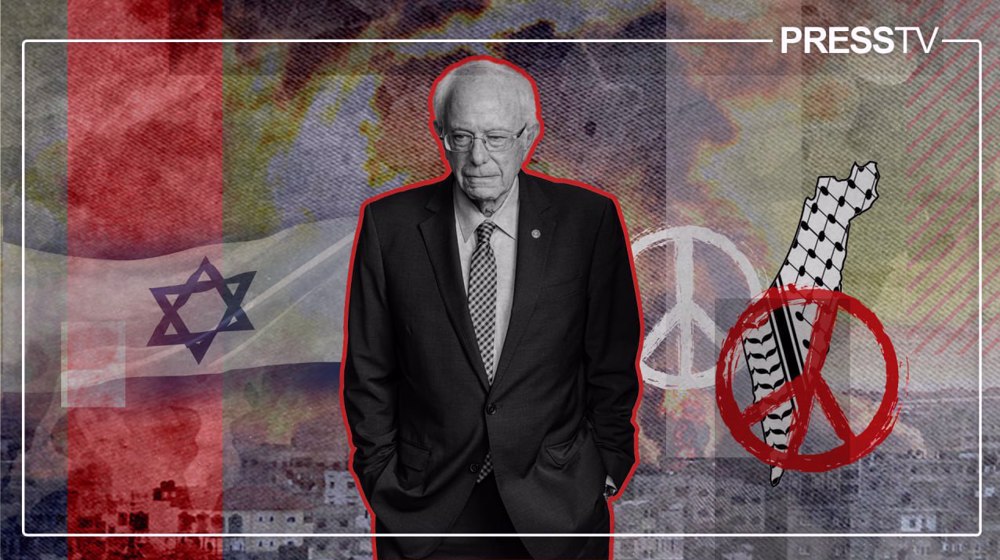
How Bernie Sanders condemns genocide in Gaza without actually condemning it
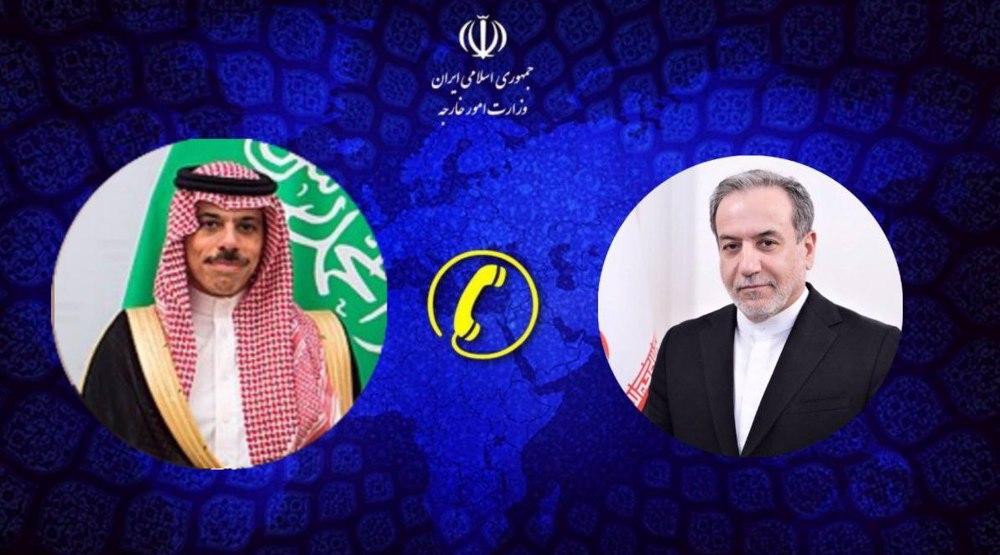
Iranian FM informs Saudi counterpart about indirect talks
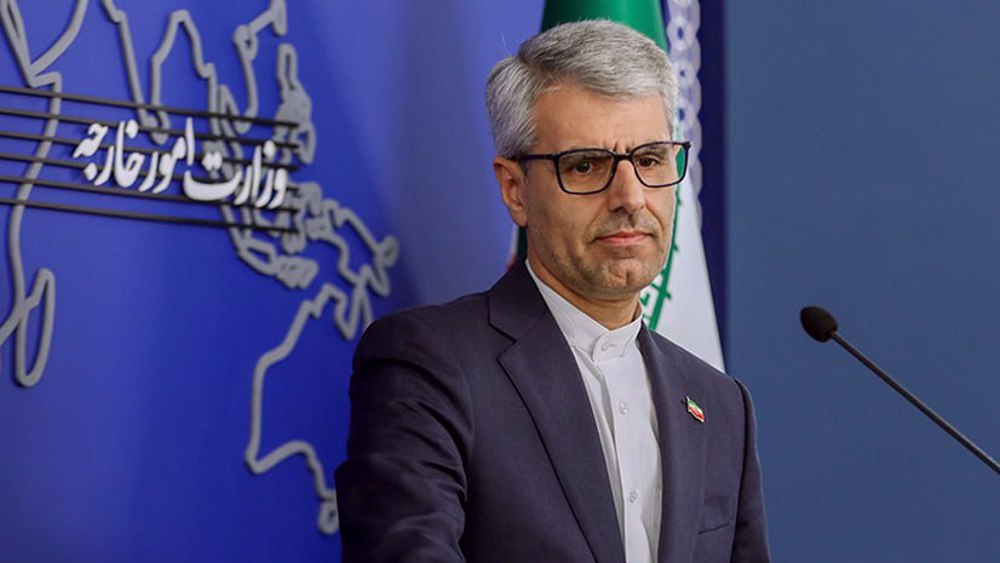
Iran: Second round of indirect talks with US will be held in Oman
Hamas calls for ‘serious steps’ to end Israeli blockade of Gaza
Medic killed, 10 patients wounded in Israel's attack on field hospital in Gaza
Popular Front for Liberation of Palestine condemns new US-Israel arms deal
Gaza death toll hits 51,000 as Israel presses ahead with genocidal campaign
Iran, Turkey foreign ministers discuss Muscat talks, other regional issues
Harvard president says top university not to yield to federal demands over student rights
VIDEO | Hundreds of Israeli settlers storm Aqsa Mosque as West Bank raids claim another life
Israel-Meta nexus stifles pro-Palestine voices on Facebook, Instagram amid genocide


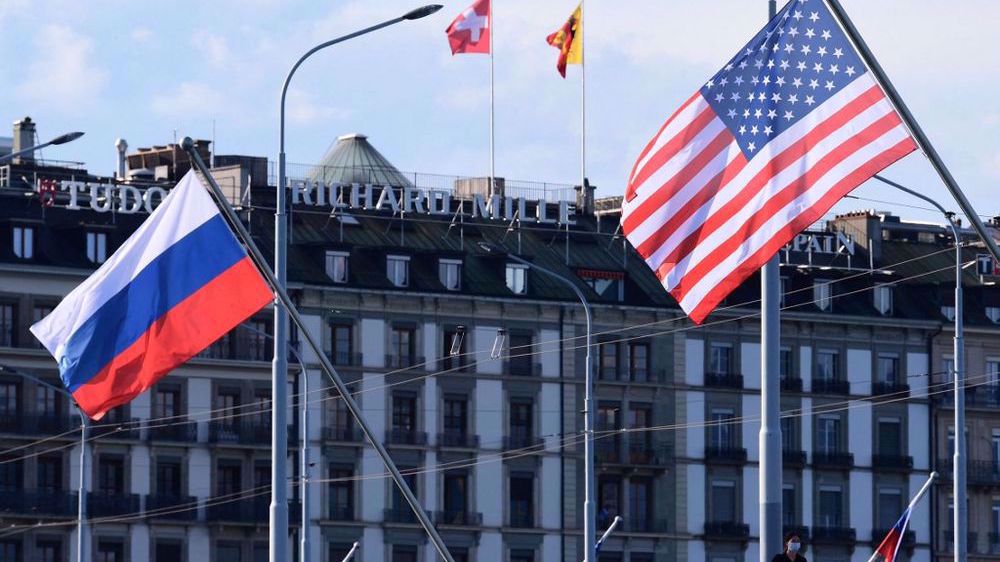
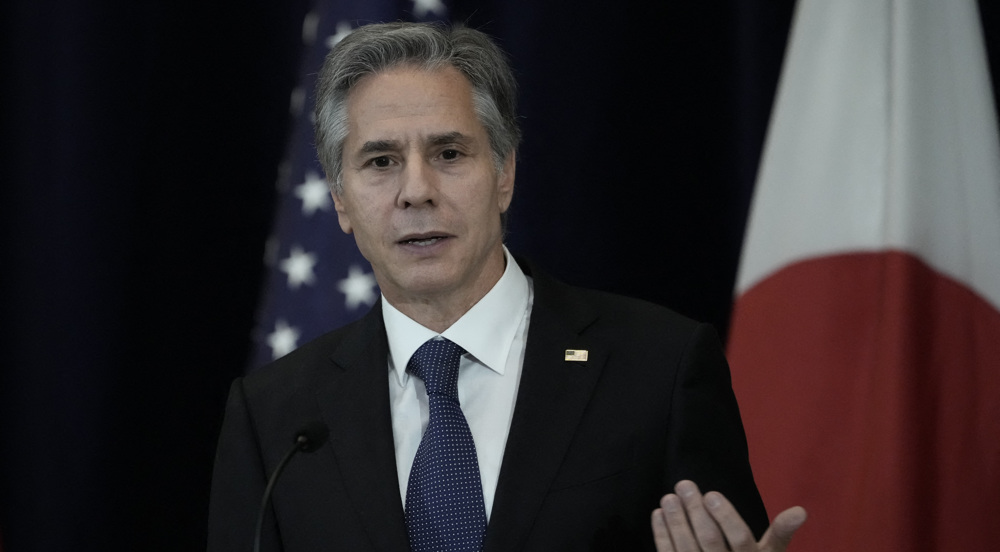
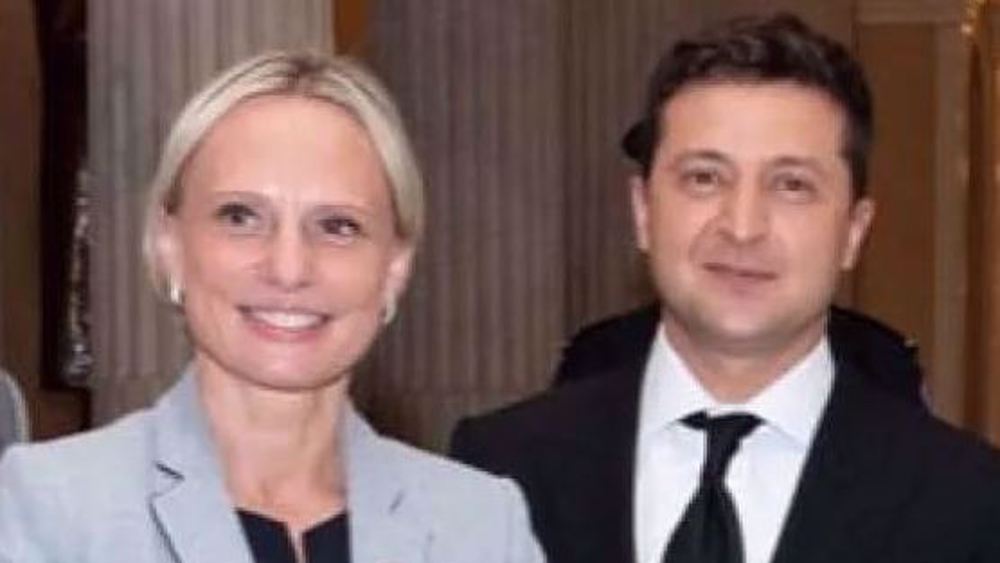



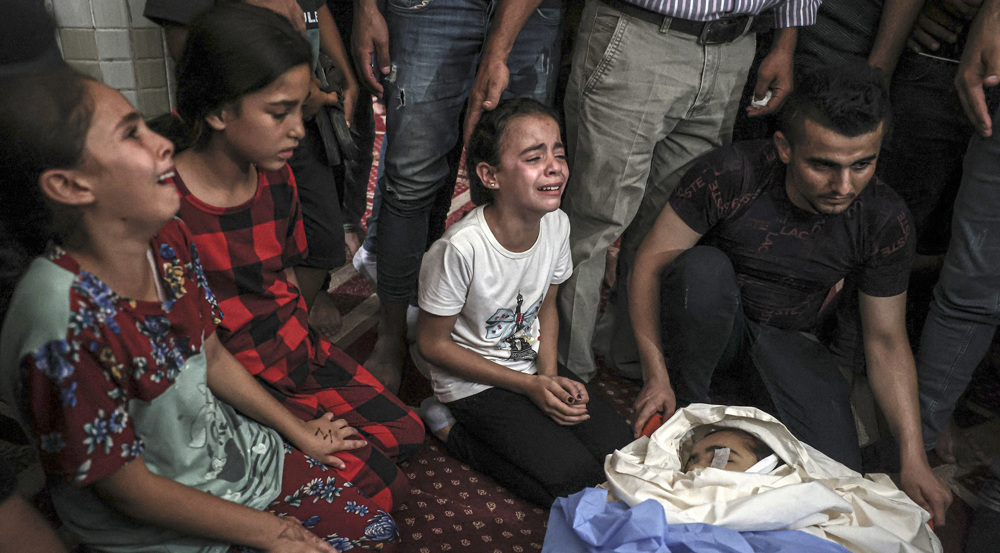
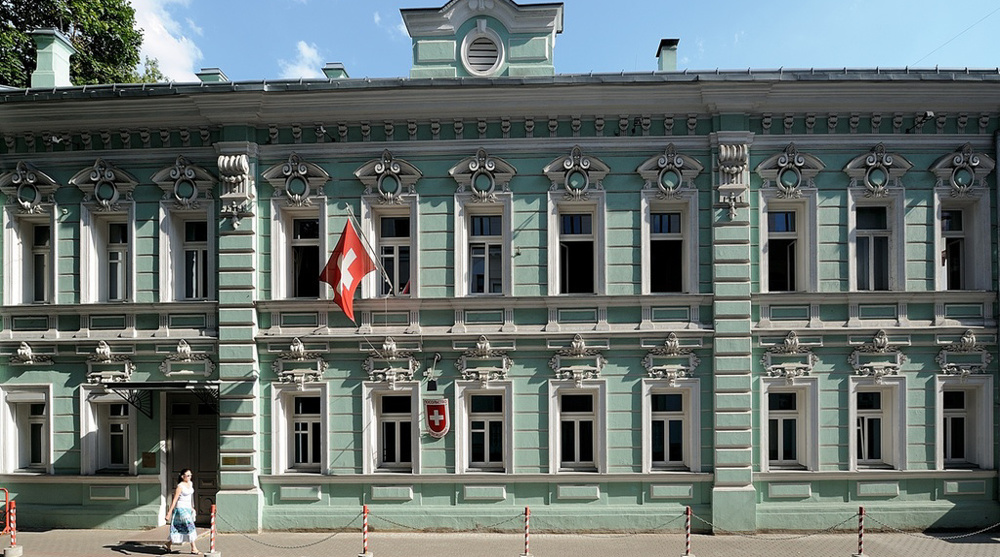
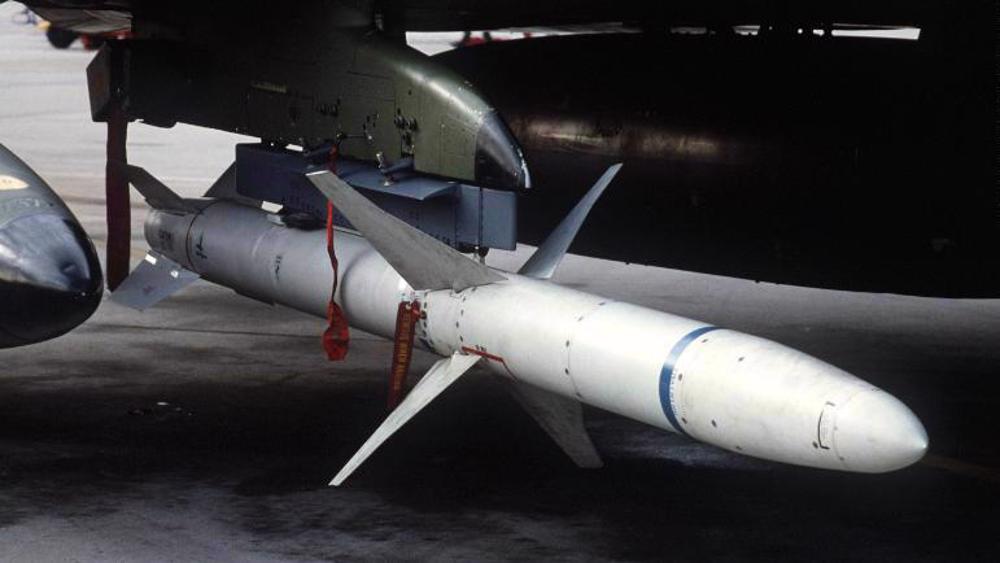

 This makes it easy to access the Press TV website
This makes it easy to access the Press TV website